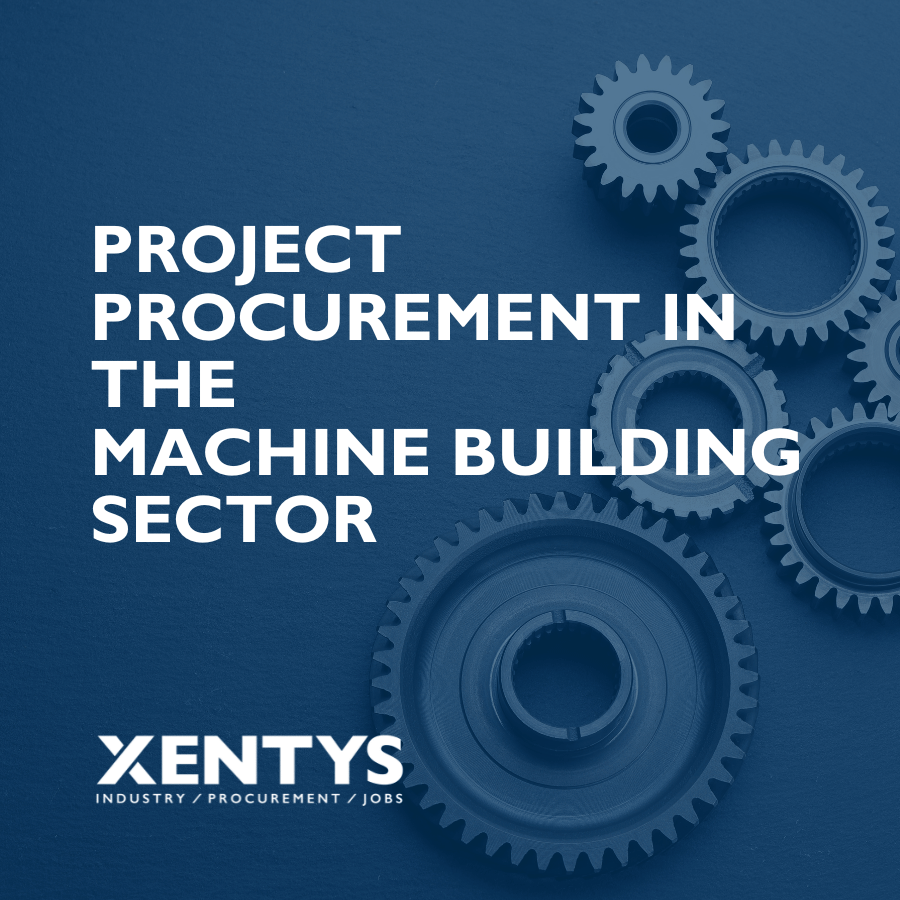Strategic procurement planning is an essential part of the procurement process within companies. It focuses on developing a plan to procure products and services as efficiently and cost-effectively as possible, keeping in mind long-term goals and the overarching business strategy. A strategic procurement plan helps companies build better relationships with suppliers, reduce their costs and optimize supply chain performance. This requires analyzing needs, selecting reliable suppliers and procuring on favorable terms. It is also necessary to ensure that a company always has the necessary goods and services in a timely manner and that excess inventory and extra costs are avoided.

FREE WHITE PAPER
Reduce Total Cost of Ownership (TCO) with the Kraljic Matrix
First part of strategic purchasingplanning: needs analysis
Effective strategic procurement planning begins with a thorough analysis of a company’s needs. This means identifying what the required products and services are and how many of them are needed. The periods within which they must be delivered must also be determined. When buyers have a good understanding of a company’s dynamic needs, they can better plan and prevent the build-up of excess inventory so that there is no “dead money” tied up in unsold goods.
Second component: selection of reliable suppliers
The second important part involves selecting the right suppliers. Companies should evaluate potential suppliers for their reliability, financial stability and ability to meet specific needs. In this context, the performance of existing suppliers should also be assessed. Reliable suppliers are those that ensure consistent delivery of high-quality goods and services, improving the overall performance of the supply chain.
Negotiating terms and prices
The third important part of strategic procurement planning is negotiating favorable terms and prices with suppliers. This requires a thorough analysis of the market and the cost structure of suppliers. By making clear agreements on delivery times, payment terms and quality standards, companies can reduce costs and improve operational efficiency. This is also conducive to building strong relationships with suppliers, which has long-term benefits.
Integrating sustainability into the procurement process
Sustainable procurement is becoming increasingly important for businesses. In strategic procurement planning, you can no longer ignore the carbon footprint of the products and services you purchase. This includes selecting suppliers who work in an environmentally friendly way and offer products that meet high sustainability standards. By integrating sustainability into the procurement process, companies can reduce their environmental impact. It also allows them to improve their reputation and meet customer and stakeholder expectations.

Free whitepaper
Project Procurement in the Machine Building Sector
Monitoring and evaluation of procurement performance
Continuous monitoring and evaluation of procurement performance is essential to successful strategic procurement planning. Companies need to assess supplier performance and take a close look at what areas might be open to improvement. Regular reviews allow companies to adjust and optimize their procurement strategies to meet changing needs and market conditions. Another benefit of regular reviews is that potential risks can be identified and measures taken to mitigate them.
Operational and tactical procurement
A good procurement plan also covers operational and tactical procurement. Operational procurement focuses on day-to-day purchasing activities, such as placing orders and managing inventory levels. Tactical procurement, on the other hand, focuses on medium-term planning and coordination of procurement activities. Within this framework, specific actions are taken to achieve a company’s strategic goals. Both levels of procurement are important in terms of achieving a smoothly functioning and efficient supply chain.
Find a buyer through xentys
At xentys, your experienced procurement recruitment agency, we are happy to help you find the right professional for your procurement team. Send a message today and strengthen your purchasing department.
Career opportunities in the field of strategic procurement
At Xentys, you’ll find many jobs in which strategic purchasing plays an important role. So if you have a passion for procurement, supply chain management and supplier management, apply for one of our positions and take your career to the next level.
At Xentys, we understand the complexity and critical role of the procurement process like no other. We have been specializing in recruitment for procurement and supply chain positions in industry, offshore and construction since 2010. We have in-depth knowledge and experience in these disciplines and the relevant labor markets and work for major clients. With us you will therefore find interesting procurement vacancies with salaries from EUR 60,000. Sometimes as many as 5-10 new features are added per month. Finally, you will also find exclusive positions that cannot be found on any job board.
We are constantly seeking talented professionals for our job openings and for inclusion in our database of procurement specialists. If you’re curious, check out our jobs page or contact us. We hope to hear from you soon!
News

What is the meaning of SKU?
A SKU, or Stock Keeping Unit, is a unique code used to identify a specific product that is in stock. This alphanumeric code is indispensable for inventory management and logistics operations, as it allows products to be tracked and managed. SKUs can contain information about a product’s attributes, such as

What is meant by the 80/20 rule?
The 80/20 rule, also known as the Pareto principle, is an economic rule that states that 80% of all results come from 20% of all efforts. This rule was first introduced by Italian economist Vilfredo Pareto, who discovered that 80% of the land in Italy was owned by only 20%

What does 3PL & 4PL mean?
The terms 3PL (Third-Party Logistics) and 4PL (Fourth-Party Logistics) play an important role in supply chain management today. But what exactly do those terms mean? 3PL refers to a logistics service provider that outsources specific logistics functions, such as transportation, warehousing and distribution, to an external party. These service providers

What is a freight forwarder?
A freight forwarder, also known as a forwarding agent, is an essential link in the logistics chain. This party organizes and coordinates the transportation of goods from one location to another. In this context, the necessary means of transportation, such as trucks, ships or aircraft, must be arranged and






